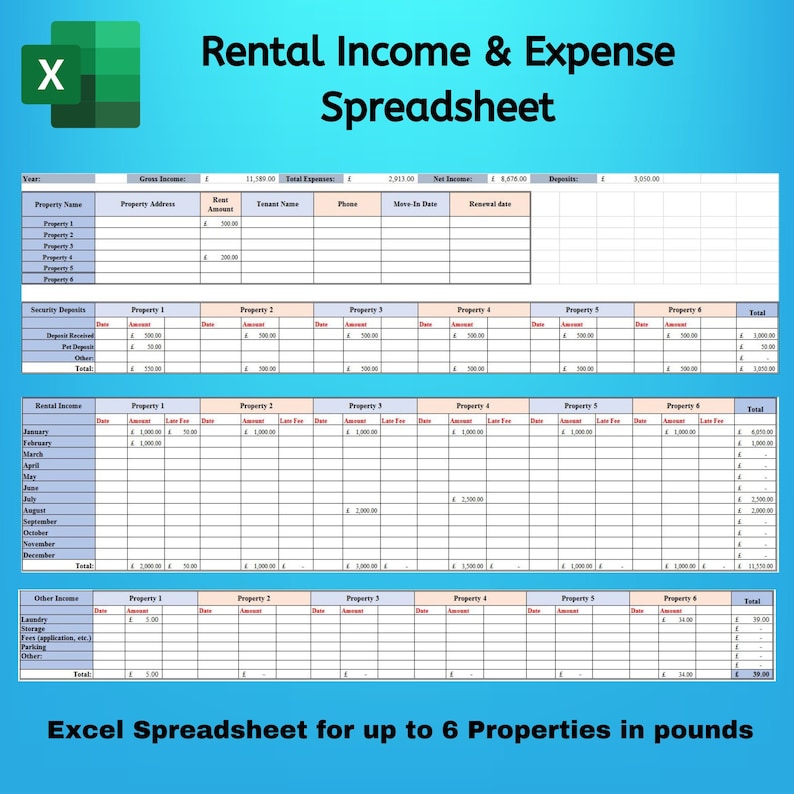Being fully a landlord is about a whole lot more than gathering lease checks—additionally it is about controlling house expenses effectively. Landlords who identify strong price management techniques may defend their gains and maintain healthy associations with tenants. Listed here are five crucial methods to effectively handle rental expenses and maintain your investment.

1. Produce a Detailed Budget
The foundation once and for all economic management is just a meticulously planned budget. Aspect in repeating prices like home taxes, mortgage funds, insurance, and maintenance. Don't overlook periodic expenses like disaster fixes or landlord legal fees. A detailed budget guarantees that you could assume and allocate resources for both expected and unexpected costs.
Several landlords underestimate maintenance expenses. Authorities recommend setting away 1% to 2% of the property's value annually for maintenance. As an example, a house value $200,000 might require $2,000 to $4,000 each year to take care of repairs or preventive maintenance.
2. Track Costs in Real Time
Effectively checking your costs may save your self countless dollars at tax time and offer you an understanding of where your cash is going. Use methods like home management software or apps, such as for example Buildium or Stessa, to centralize your financial checking efforts.
An expense-tracking system helps landlords differentiate between functioning costs (like preservation and utilities) and money expenses (like house improvements). Understanding that difference is critical for duty confirming and budget forecasting.
3. Prioritize Preventive Maintenance
Deferred maintenance seems to drive up costs in the extended term. Regularly inspect your home to identify small dilemmas before they escalate in to high priced problems. Give attention to areas like HVAC systems, plumbing, and roofing—these are often the costliest repairs if left unattended.
Like, performing early to a minor plumbing leak can reduce tens and thousands of dollars in water damage. Preventive maintenance not merely safeguards your home but additionally keeps tenants pleased, reducing turnover and vacancy rates.
4. Control Duty Deductions
Fees may digest a significant part of one's rental money, but landlords are eligible for deductions that simplicity the burden. Items like mortgage curiosity, house fees, maintenance fees, and even home business office expenses could be deductible. Consult with a tax qualified who specializes in property to ensure you maximize your tax benefits.
For example, a landlord in the U.S. can deduct depreciation, which averages about 3.64% annually for residential hire property. Over a 27.5-year time, this will add up to significant duty savings.
5. Construct an Emergency Fund
No landlord needs to handle sudden costs like hurricane damage or quick boiler substitute, but these events are inevitable. A crisis finance functions as a load, ensuring you will not soak into particular savings or face financial stress.

A good principle is to save lots of three to 6 months'value of functioning expenses. For multi-unit homes, shoot for more, as preservation prices tend to scale with tenant numbers.
Streamlining Hire Finances for Accomplishment
Managing hire home expenses needs diligence and hands-on planning. A variety of detailed budgeting, preventive maintenance, duty benefit usage, and emergency ability assures economic balance while guarding your investment. By adopting these best methods, landlords can achieve long-term profitability and experienced tenant satisfaction.
